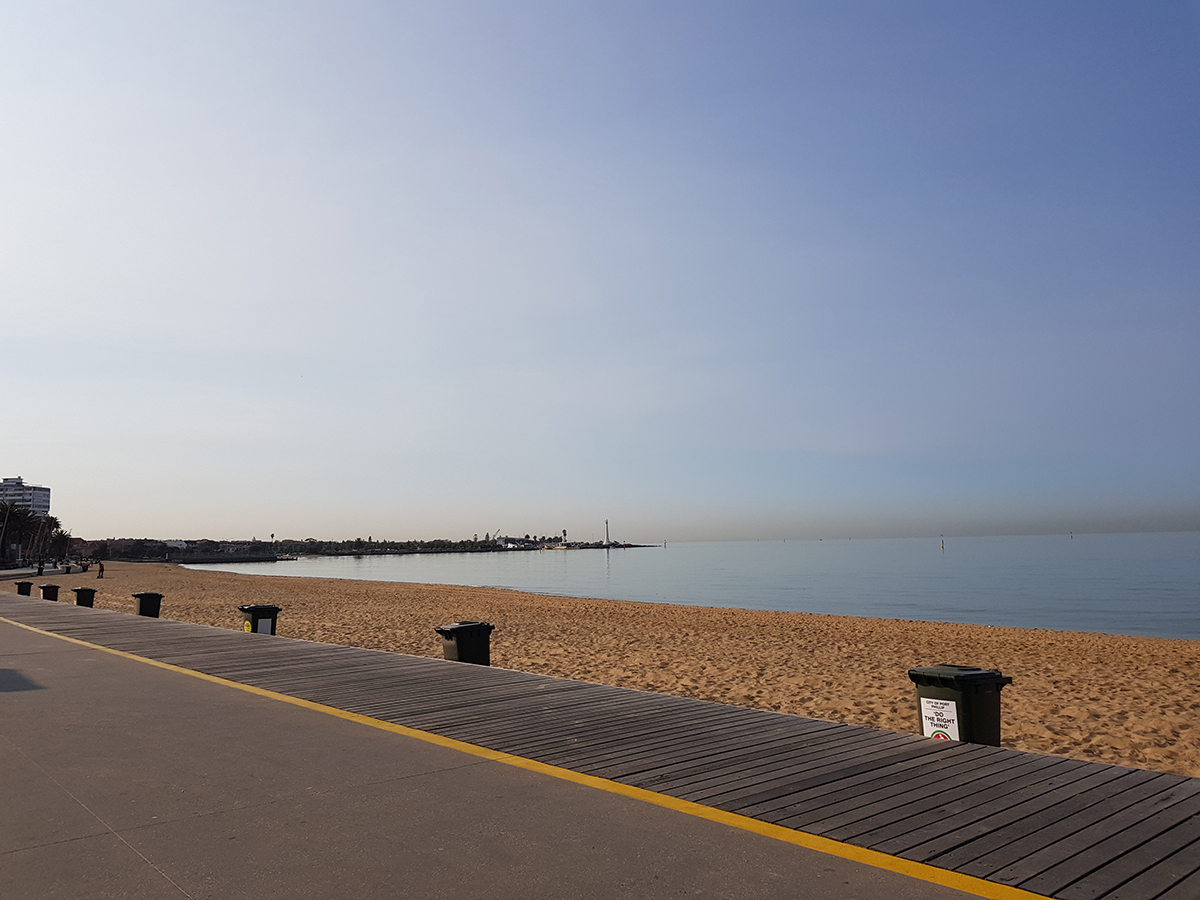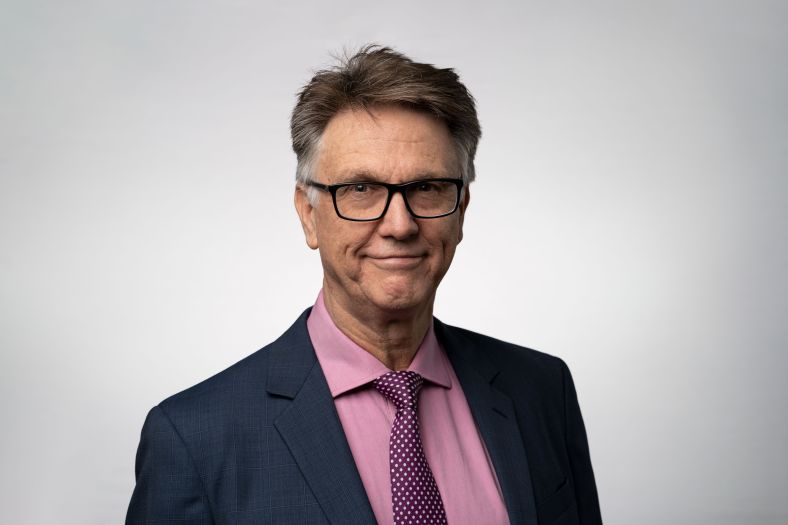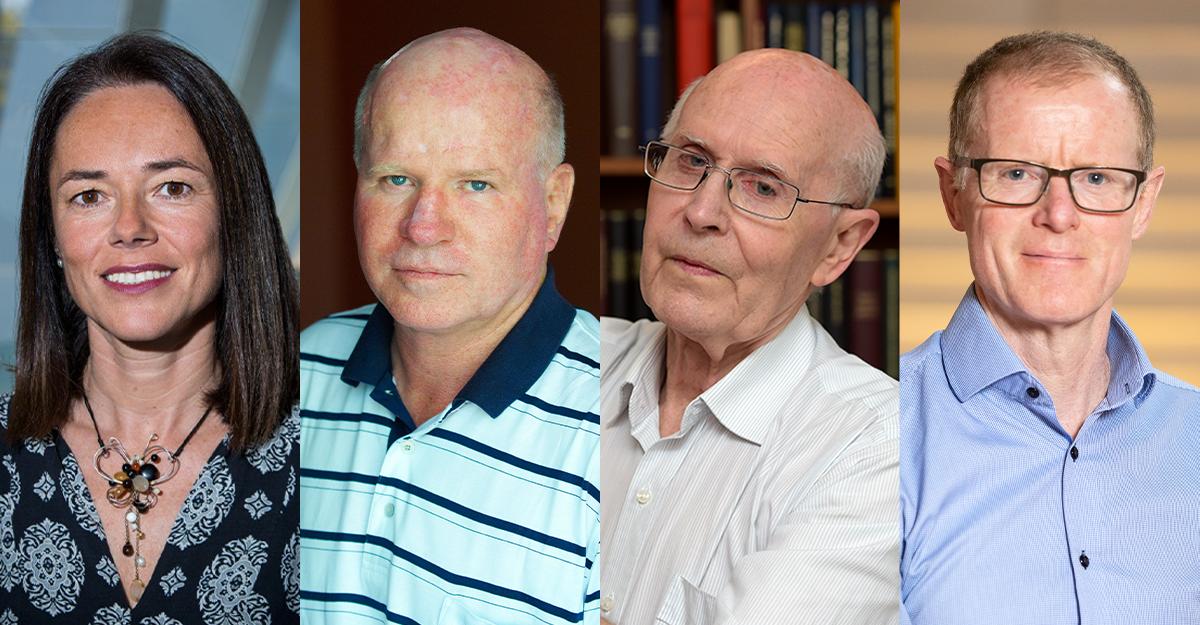
Four Australian scientists have been elected Fellows of the Royal Society, the world’s oldest scientific academy in continuous existence, for their outstanding contributions to scientific understanding.
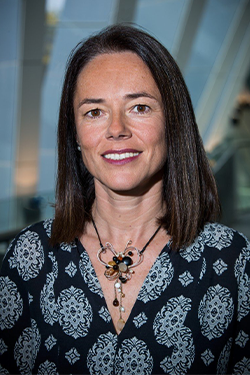
Professors Carola Vinuesa, Jamie Rossjohn, Richard Robson and Bob Pressey are among a group of 62 individuals worldwide who have been recognised this year by the Royal Society. All are already Fellows of the Australian Academy of Science.
Professor Vinuesa has been recognised for discovering populations of immune T cells, proteins and genes that work to improve the quality of antibodies that fight infectious microbes, while preventing production of harmful antibodies that can cause autoimmune diseases such as lupus or allergies.
“I feel very grateful to the many incredible members of my team and colleagues who have contributed to our discoveries over the last 20 years,” said Professor Vinuesa, who is based at the Francis Crick Institute and the Australian National University.
“Science will be absolutely key for the survival of our species living in a warming planet and in a world with increasing antibiotic resistance and threats of viral pandemics.
“Science can also bring justice to vulnerable people, as we hope to see in the case of Kathleen Folbigg, where genomic advances have proven her innocence after 19 years in jail falsely accused of killing her four children.”
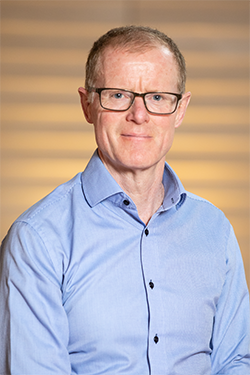
Professor Rossjohn is a leading structural biologist who is principally known for his contributions to the understanding the molecular basis underpinning infectious disease and the vertebrate host response.
He said he felt over the moon and overwhelmed to join the prestigious Royal Society and said his election highlighted the importance of basic research.
“Breakthrough scientific discoveries represent the foundation from which new technologies and therapies ultimately emerge,” said Professor Rossjohn, who is based at Monash University.
“The importance of discovery science is rapidly diminishing in Australia. It is important for science to have a strong voice so that we are trusted and supported by the public and government.”
Royal Society President, Professor Sir Adrian Smith, said it was an honour to welcome so many outstanding researchers from around the world into the Fellowship of the Royal Society.
“Through their careers so far, these researchers have helped further our understanding of human disease, biodiversity loss and the origins of the universe,” said Professor Smith.
“I am also pleased to see so many new Fellows working in areas likely to have a transformative impact on our society over this century, from new materials and energy technologies to synthetic biology and artificial intelligence.”
The Fellowship of the Royal Society includes the most eminent scientists, engineers and technologists from or living and working in the United Kingdom and the Commonwealth.
Each year up to 52 Fellows and up to 10 Foreign Members are elected from a group of about 700 candidates.
Past Fellows and Foreign Members of the Royal Society have included Charles Darwin, Lise Meitner, Albert Einstein, Dorothy Hodgkin, and Stephen Hawking.
Read the Fellows’ citations and full list of Fellows elected to the Royal Society.

